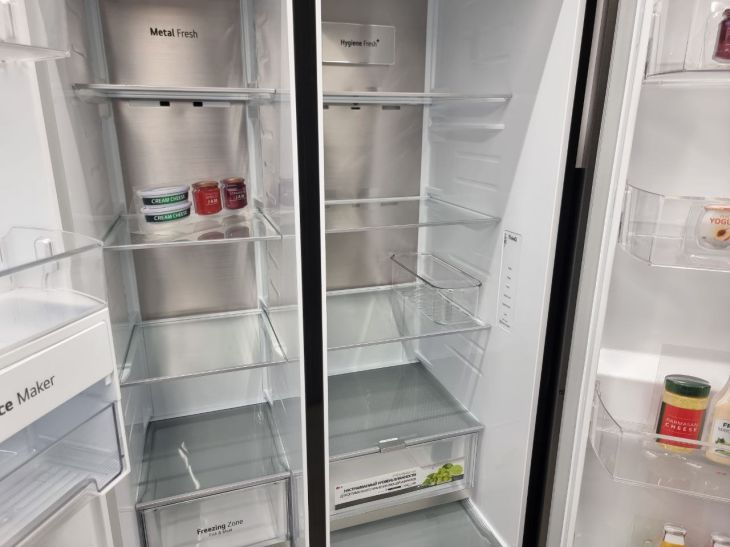Why you shouldn't put hot things in the refrigerator: what consequences can this have
Do you like to cook and store your culinary masterpieces in the refrigerator?
Then you are probably familiar with the situation when you want to quickly put a hot dish in a cold place so that it does not spoil. But did you know that you can’t do this?
Why shouldn't you put hot things in the refrigerator and what consequences can this have for your health and your appliance?
Increased energy consumption
When you put hot food in the refrigerator, it has to work harder to maintain the desired temperature.
This leads to increased energy consumption and, consequently, higher electricity bills.

If you frequently put hot items in your refrigerator, this can reduce its lifespan and cause breakdowns.
Development of bacteria and mold
Hot food in the refrigerator creates a moist, warm environment that encourages the growth of bacteria and mold.
This can lead to spoilage of food and the appearance of an unpleasant odor. Bacteria and mold can also cause various diseases such as poisoning, diarrhea, nausea and vomiting.
Deterioration in taste and quality of food
Hot food in the refrigerator loses its taste and nutritional properties. This happens because a sharp temperature change causes chemical and physical changes in the composition of the food. For example, meat can become dry and tough, and vegetables and fruits - soft and limp.
How to Properly Cool Hot Food
Follow these tips:
1. Divide food into small portions and distribute them among different containers. This will speed up the cooling process and reduce the risk of bacteria growth.
2. Leave the food on the counter or windowsill until it reaches room temperature. This can take anywhere from 30 minutes to 2 hours, depending on the type and amount of food.
3. Cover food containers with lids or film and put them in the refrigerator. Try not to put them next to other products so as not to transfer heat to them.
4. Check the expiration date of food and do not store it in the refrigerator longer than recommended. Usually it is 3-4 days for meat, 2-3 days for soups and sauces, 1-2 days for salads and vegetables.
This way you can keep your food fresh, tasty and safe.
Previously, we talked about tips that can help you clean a burnt frying pan in minutes .
